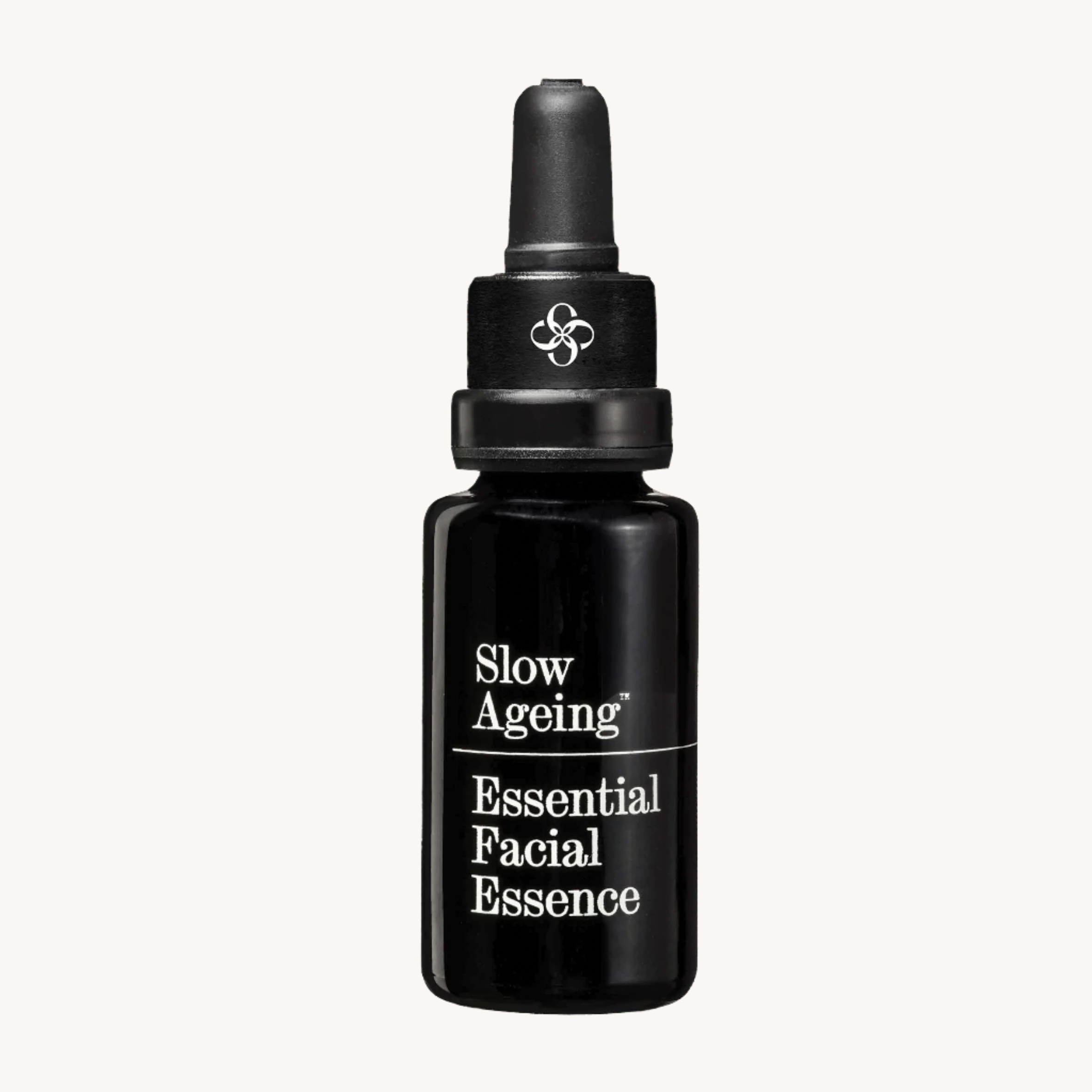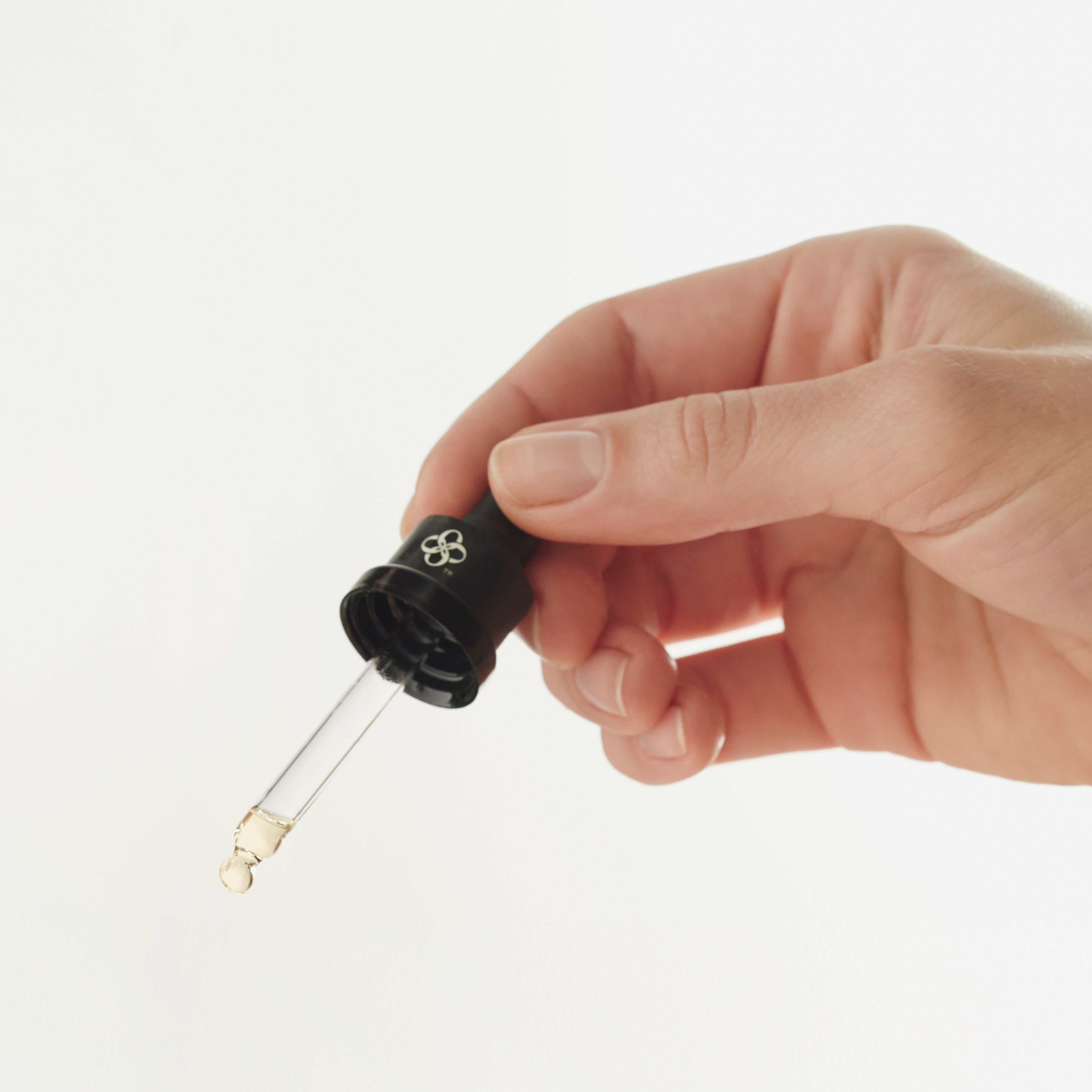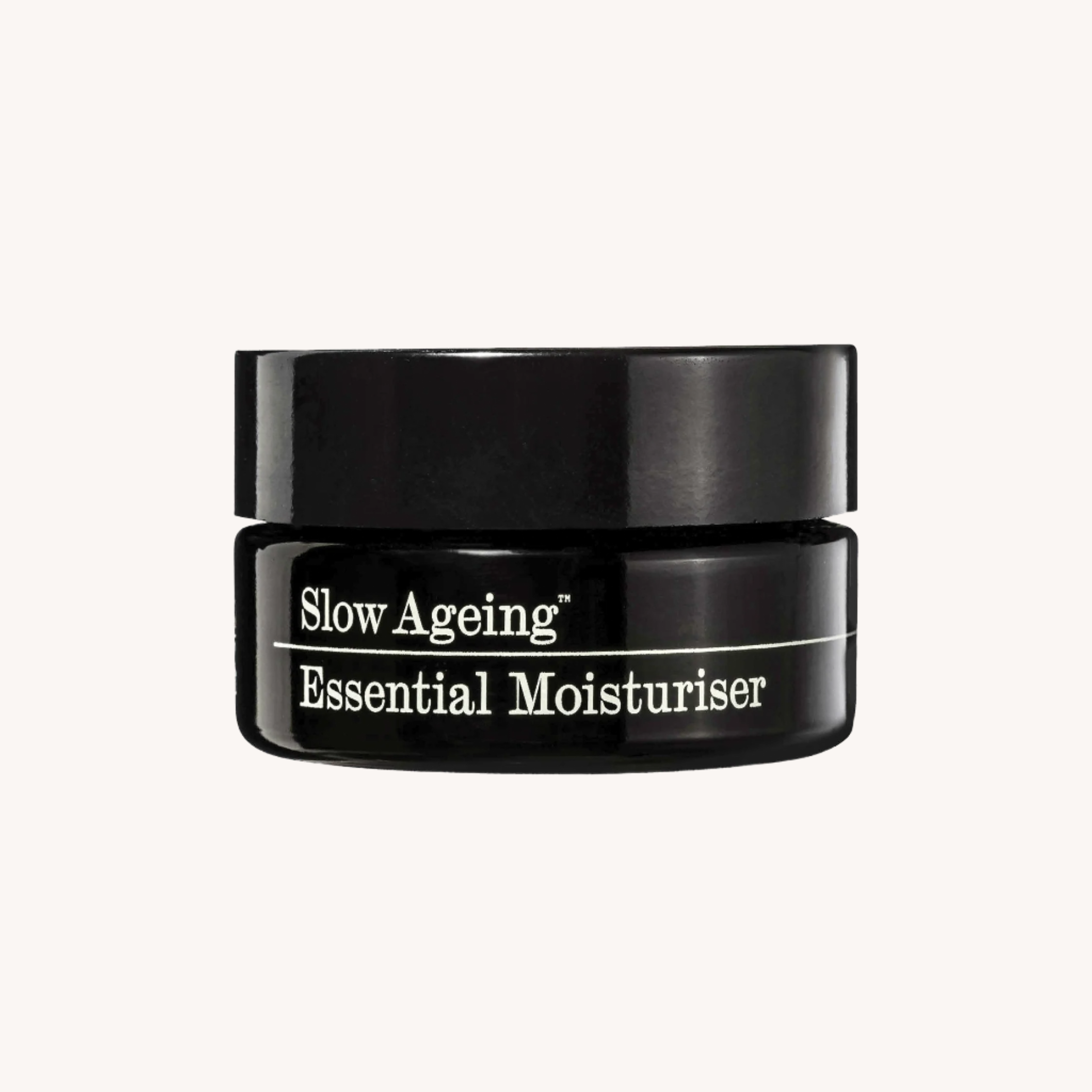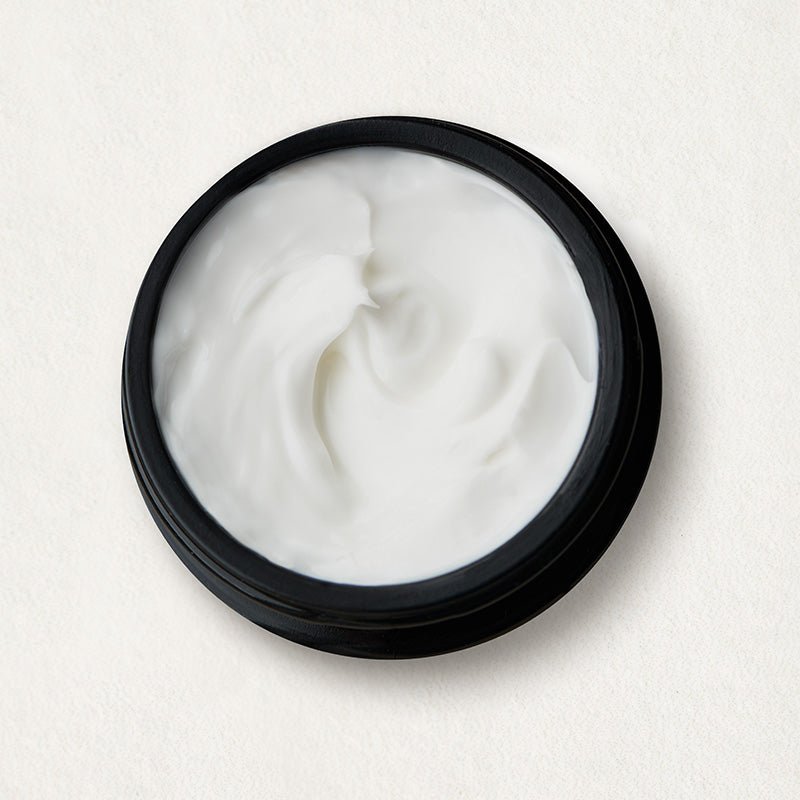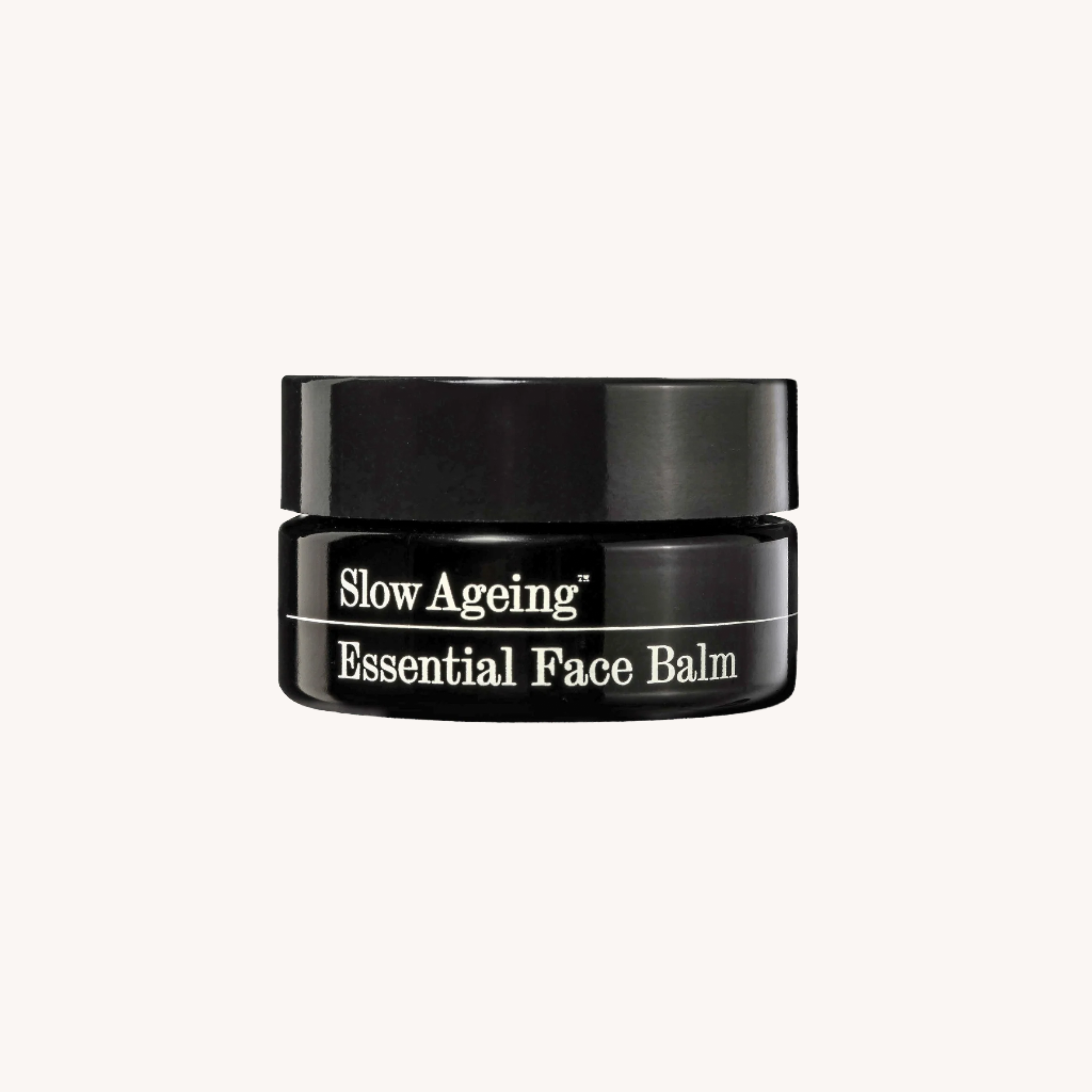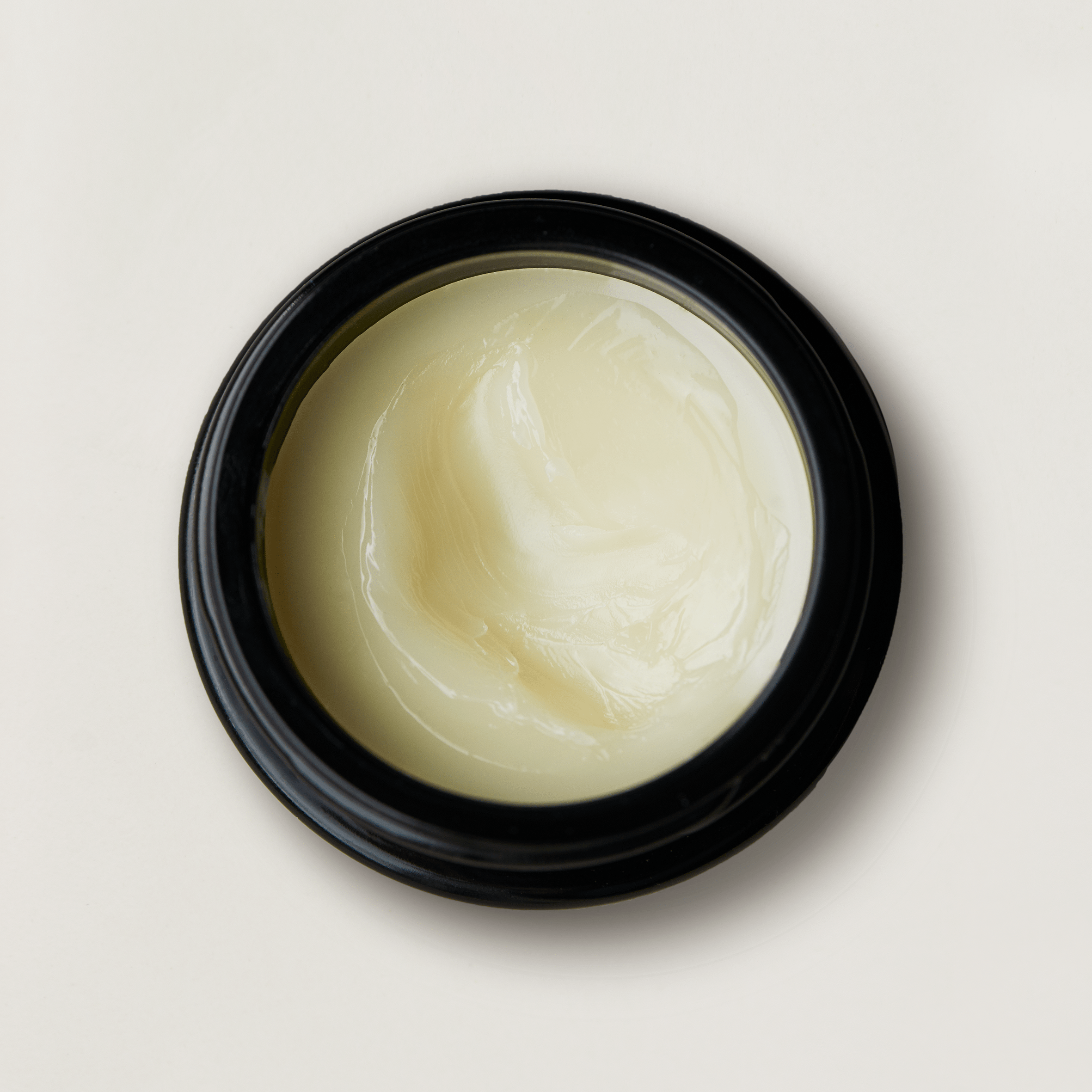Eat, Hydrate, Nourish

We are all connected – from our food that grows in the soil and the earth’s biomes (ecosystems) – that’s information we take directly into our bodies. And about half our bodies are bacteria. This natural energy feeds body and soul, bringing all the nutrients, vitamins and vitality our ancestors relied upon to flourish.
The human body is the most sophisticated machine. Finely tuned over millions of years, it knows exactly how to use and store all these elements to enable us to function at our best. This keeps us healthy and agile. If you eat highly processed foods – ‘fast’ food, pre-packaged, ready meals - the body gets confused. These foods are unnatural, so the body doesn’t really know what to do with them. Try to eat as close to nature as possible, ideally an 80% plant-based diet. These nutrients give us the fuel for our bodies and act as information to nourish our cells so try to ensure you choose the best sources. Taking an interest in what you’re putting into your body can have a real effect on how you look and function. Here are our top tips:
Make your plate colourful – Use fresh ingredients in their most natural form and variety. Berries are such an easy snack and simple to add to a breakfast. We have a really good selection that grows here in the UK. There’s no need to cut them up or chop them. The smaller the berry – and the more blue/purple it is – the more taste and anti-oxidants you’ll enjoy. Anti-oxidants help protect our bodies and skin from free radicals; blueberries are a super source.
Vegetables are full of phytochemicals, naturally occurring compounds with protective health benefits as well as vitamins and minerals (other good sources are nuts, seeds, herbs and beans). They are easier to eat at lunch or dinner. Aim for three colourful, different veggies on your plate. Leafy green vegetables such as spinach, kale and chard are so tasty steamed with a little salt then drizzled with olive oil. We all have our favourites but try to rotate them and give yourself variety – it will help prevent you getting bored. You could try colouring up with the changing seasons and switch to more of the orange varieties, like squash and sweet potatoes, in the autumn. Try not to over cook vegetables but also don’t leave them too raw – it’s harder for the body to digest.
We can’t store water-soluble nutrients, like Vitamin C and bioflavonoids in the body, so eat them fresh. They’re anti-inflammatory so really important. Citrus fruits, grapes, cherries and tomatoes are all great sources. Whenever you’re away on holiday, take the opportunity to experiment eating different fruits and vegetables... you might surprise yourself!
An omelette is quick, nutritious and a simple way to include veggies in your diet too. Just chop up some fresh coriander, tomatoes and chillies (they’re higher in Vitamin C than oranges) then add a sliced avocado; you don’t need bread. Speaking of bread, look for ones with seeds or a sourdough, as the body can digest them more easily.
Fabulous fibre – If you want to feel and perform well, good gut health is so important. Our digestive systems need fibre to work properly. The ‘friendly’ bacteria – probiotics - in our stomachs love this natural goodness as they help the gut to multiply them, which improves digestion. Asparagus, leeks and garlic are all delicious and easy to cook with. What’s more, asparagus is anti-inflammatory and also a natural diuretic, so it encourages the body to flush out toxins.
Reduce salt – Salt on the other hand encourages the body to retain water, meaning it can increase blood pressure. We’ve found a vegetable-based one made one by A. Vogel. Their ‘Herbamare Herb Seasoning Salt’ contains 12 organically grown vegetables, herbs and kelp, which give it more flavour so you don’t need to use as much. There’s also a savoury seasoning called Bragg Liquid Aminos, which is great in stir fries, salads, casseroles and dressings. Derived from soybeans, it’s a non-GMO concentrate that includes 16 naturally-occurring essential and non-essential amino acids including lysine (one of the key components of collagen) and serine, which our bodies need to help produce antibodies. Find them online or in good health food stores.
Savour the flavour – Take time to enjoy your food... and really chew. There are no teeth in the stomach! You’ll end up eating less as well. Digestion begins in your mouth as enzymes in saliva are released as soon as we start to taste the food. The food should be quite soft before swallowing; try putting your knife and fork down between mouthfuls to help remind yourself to chew. Here at Slow Ageing Essentials we think dinner is a time of gathering and sharing, enjoying time together throughout the meal, so try to keep mobile phones away from the table! To ease digestion, aim to wait for 5 mins after you’ve eaten before getting up to clear away.
Eat seasonally – Use food that’s in season as much as you can and try to make the most of local produce wherever possible. Visit a farmer’s market once a month and see what’s available there.
Dine early - Enjoy dinner as early as possible. This gives the body a chance to start processing your food and begin digesting it before trying to sleep. Aim to continue this even when on holiday, when we all tend to overeat a little more. Finishing a meal by 7pm then waiting to eat again at breakfast around 7am gives your digestive system a chance to slow down from working hard.
Water works – We need water for metabolising nutrient absorption, elimination and circulation, which all have a major impact on our health and skin. In a perfect world we would all drink water fresh from the mountains; you can really taste the difference. The water in our towns and cities is refiltered so it loses its natural mineral content. What it does contain is antibiotics and hormones (from contraceptives) so try to avoid it if you can. Installing a reverse osmosis water system could really help. You can then keep bottles of freshly filtered water in glass bottles in the fridge. You don’t need to buy special bottles; simply reuse those from the supermarket or fill up a jug, that way you’ll always have plenty on hand to stay hydrated. Aim to drink a litre every day. If you spread your intake out evenly it shouldn’t feel too onerous. If you prefer a little flavour, add the juice of 1/2 a lemon. It’s a great way to wake your system up in the morning too, as the lemon helps maintain your body’s pH balance. This works best with warm water, as it’s not so much of a ‘shock’ to your body first thing.
Avoid inflammatory foods – Foods high in refined carbohydrates like white bread and pasta, sugar, fried foods, red and processed meats and margarine spreads are considered to be ‘inflammatory’. They put stress on your immune system – like a high alert - making it less able to fight infection over time. The best way? We try to avoid them as much as possible.
Cut down – We tend to eat more than we need. Three square meals a day is not so valid these days. The main meal of the day is ideally lunch. It’s better for the health of your gut and digestive system. The body needs time to work properly so allowing your body at least 12 hours between meals gives your organs a break. As a race humans are well designed to go without food for periods of time. It can offer many health benefits as well, from increased energy levels and weight loss to being able to think more clearly. Why not give it a go and see if you can feel a difference?



